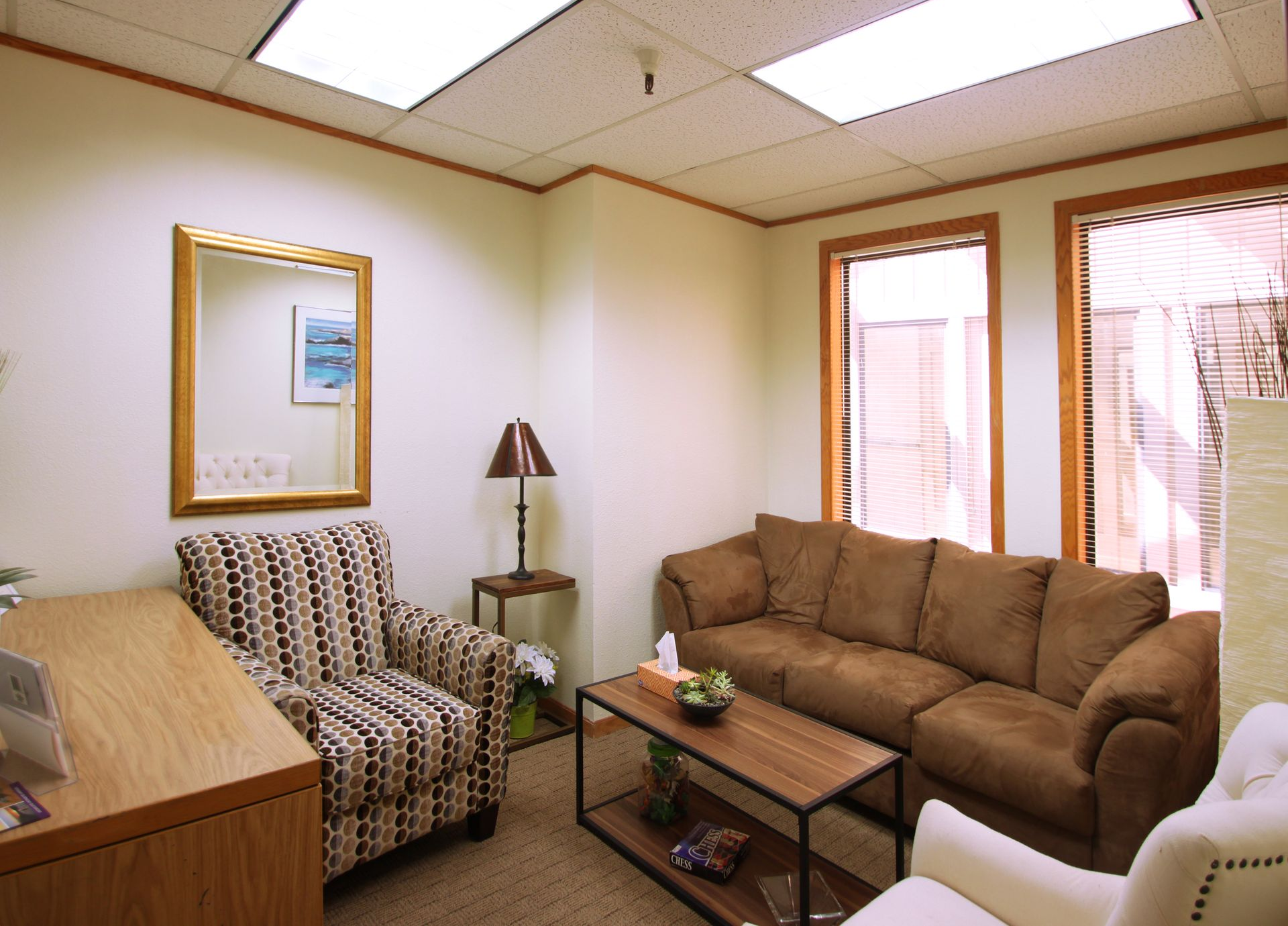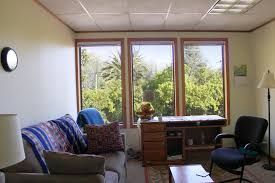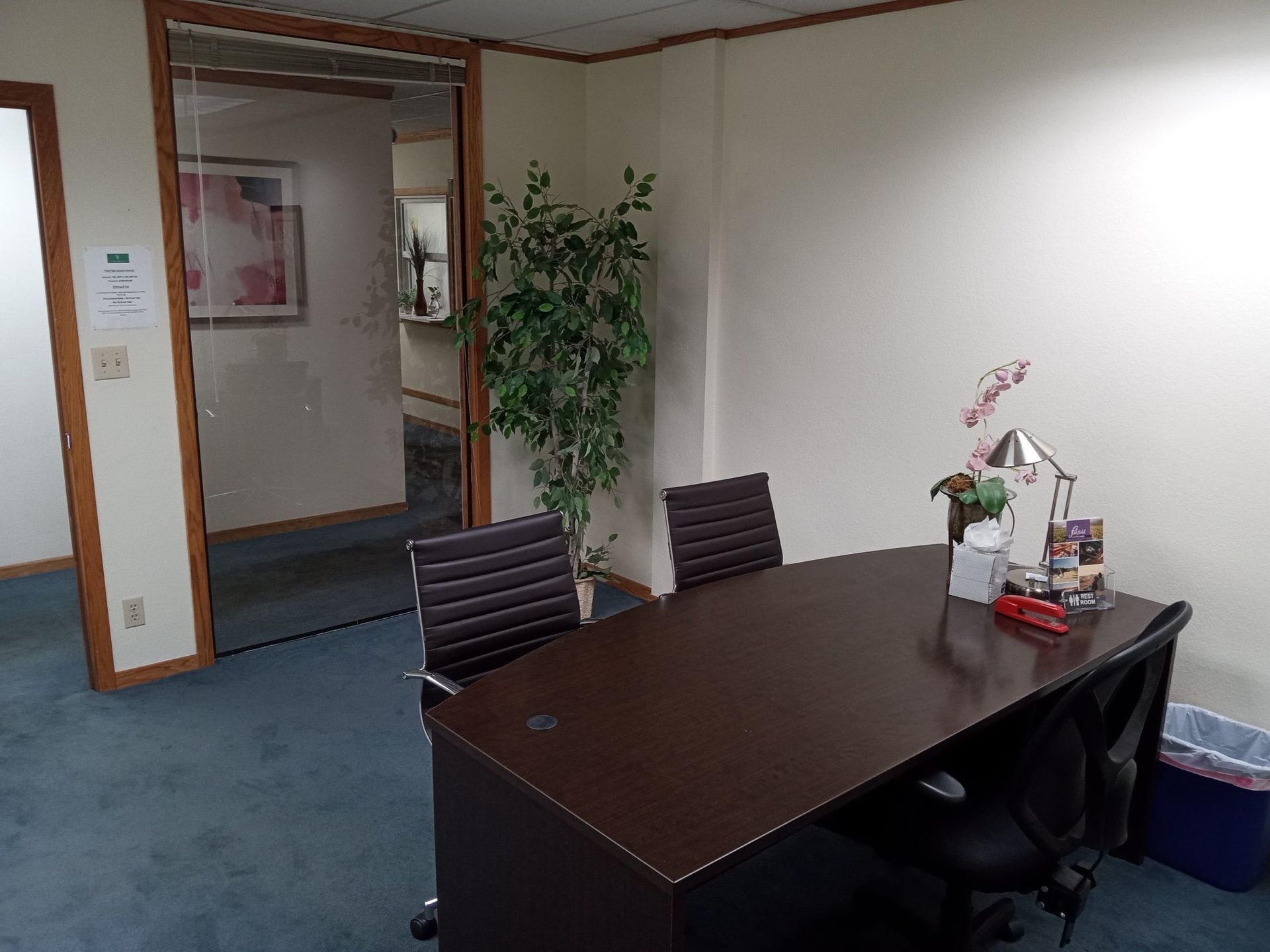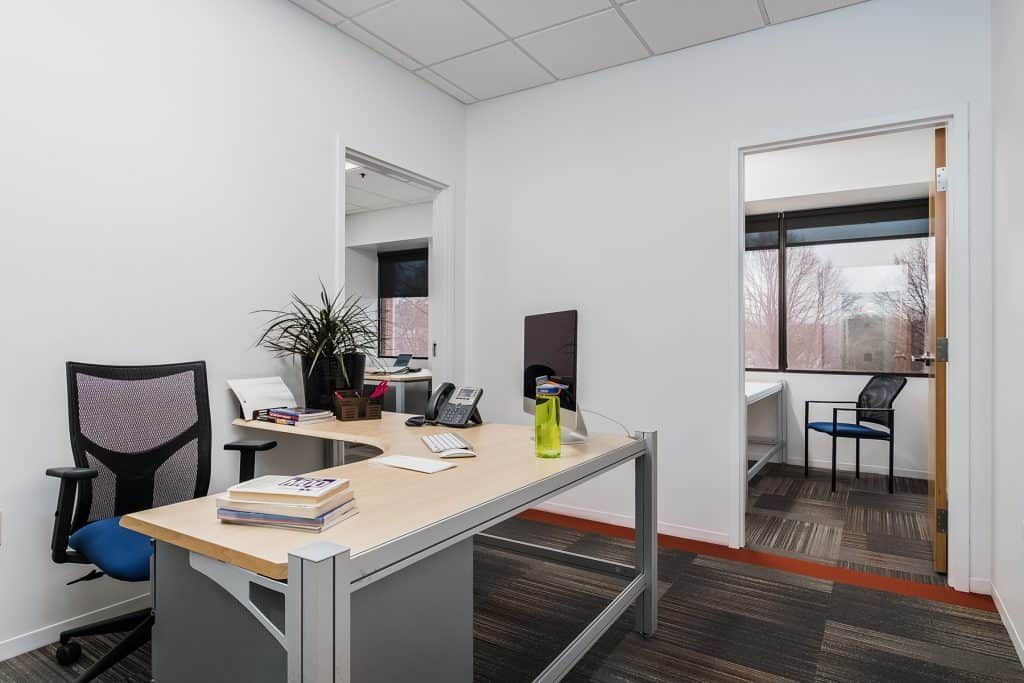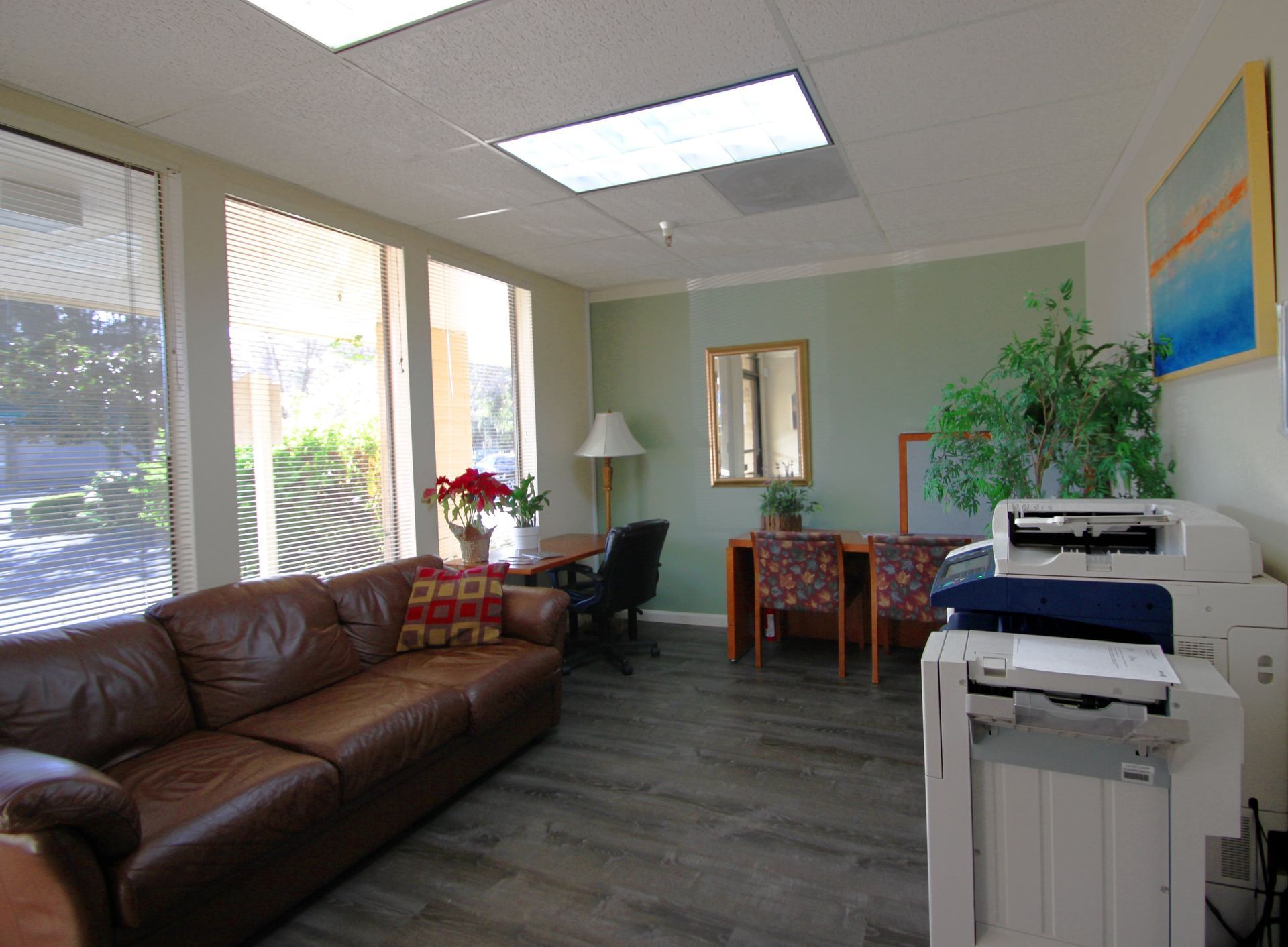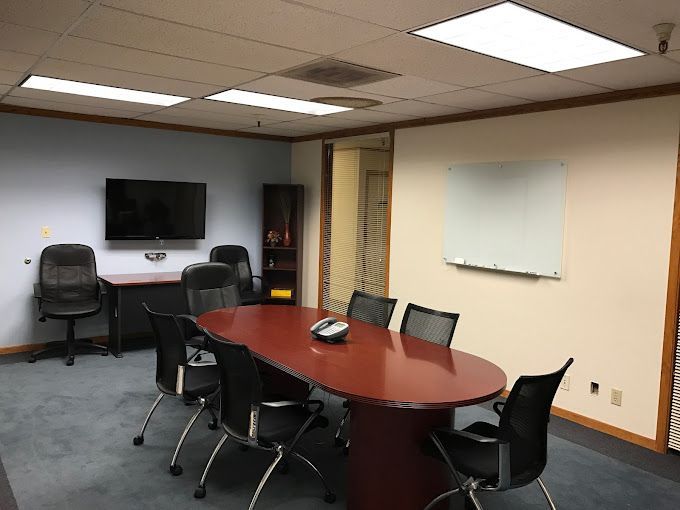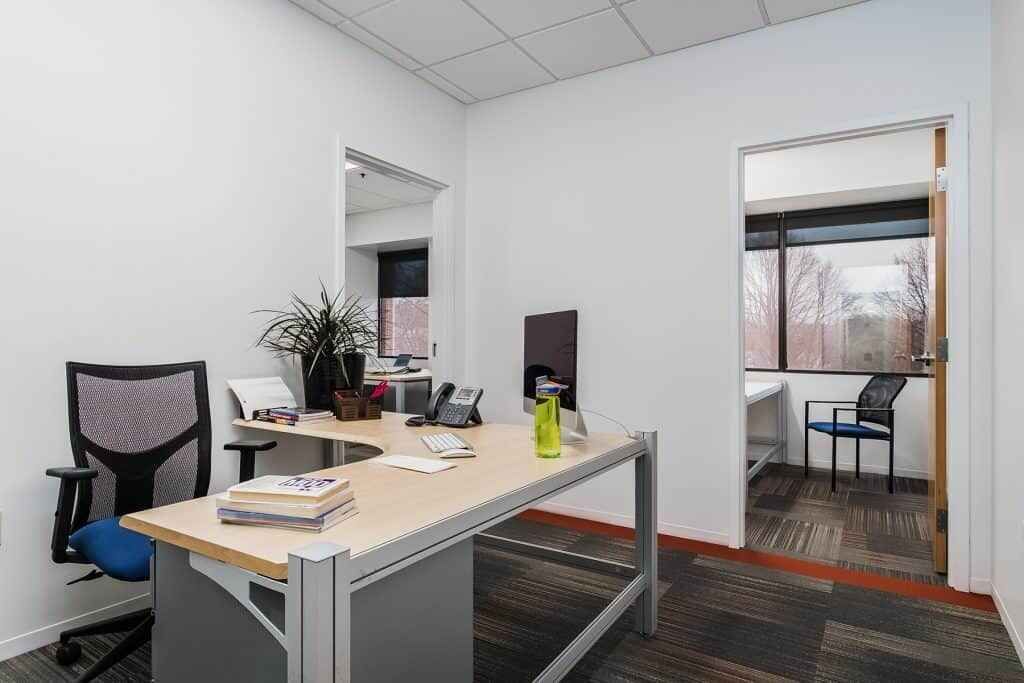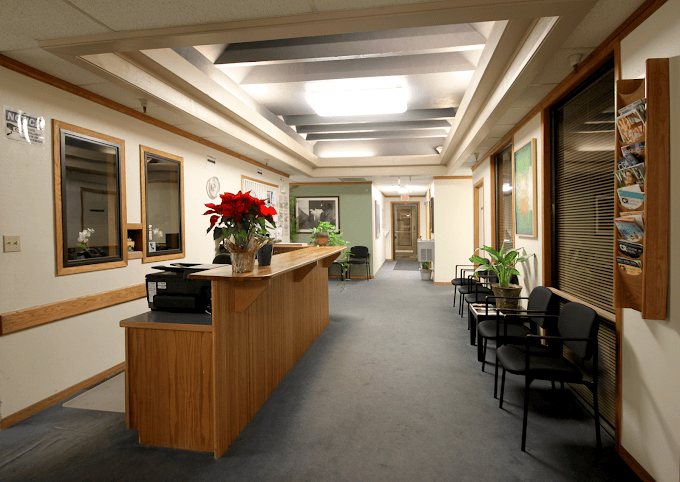New Paragraph
Luxury Commercial Spaces for Premium Business Presence
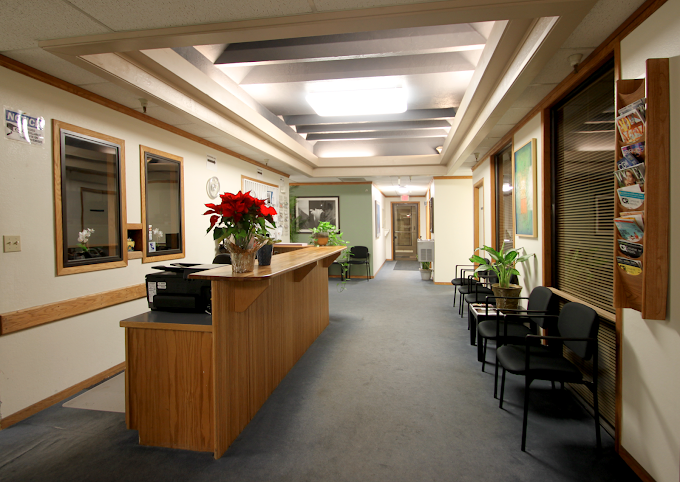
In today’s competitive marketplace, physical space plays a vital role in shaping customer perception and brand identity. Modern businesses, especially those targeting high-end clients, are shifting toward luxury commercial spaces to create lasting impressions. These premium environments go beyond basic functionality—they combine design, technology, and comfort to represent a brand’s essence in the most refined way possible.
What Defines a Luxury Commercial Space?
Luxury commercial spaces are high-end properties designed to provide more than just a working or selling area. They’re built to reflect prestige, elegance, and exclusivity. These spaces are often located in iconic buildings or districts and come with top-tier features that standard spaces lack. From high-end finishes and custom interiors to smart technology and elite services, every detail is curated to offer an elevated experience.
The architecture is often modern or custom-designed, the lighting is ambient, and every material—from flooring to fixtures—is selected for visual and tactile impact. These spaces appeal not only to customers but also to employees and partners, creating a premium atmosphere for everyone involved.
Why Businesses Are Choosing Luxury Commercial Spaces
Business is no longer just about the product or service; it’s about the full experience. For businesses aiming to serve premium clients, the environment becomes part of the value proposition.
Customers are more likely to associate value with a brand when it operates out of a clean, modern, and beautifully designed location. Employees, too, benefit from the positive morale and motivation that comes with working in a polished environment. This makes high-end spaces an investment in both customer satisfaction and employee productivity.
Best-Suited Businesses for Luxury Spaces
Not every industry requires a luxury space, but for certain sectors, it adds significant value. These include businesses where visual appeal, customer experience, or brand status play a central role.
Examples of businesses that thrive in luxury commercial spaces include:
- High-end fashion boutiques and luxury retailers
- Fine dining restaurants, rooftop bars, and premium cafés
- Spa and wellness centers with exclusive clientele
- Art galleries, private showrooms, and luxury dealerships
- Financial services and private wealth firms
- Boutique law offices and consultancy firms
- Private healthcare and cosmetic clinics
For these industries, a luxury space is not just a backdrop—it’s a strategic business tool.
Key Features of Luxury Commercial Spaces
Not every expensive property qualifies as a luxury space. What truly defines luxury are the thoughtful details, upscale finishes, and exclusive amenities that create a superior experience.
Luxury commercial spaces typically include:
- Prime locations in well-known business or shopping districts
- Architectural detailing and custom design elements
- High-end finishes like marble, hardwood, and designer lighting
- Smart building systems and energy-efficient technology
- Concierge services and private access control
- Amenities such as lounges, cafés, wellness rooms, or valet parking
Each feature contributes to the overall sense of quality and exclusivity that sets these spaces apart.
Benefits That Go Beyond Appearance
While luxury spaces look impressive, their real value lies in what they deliver to the business over time.
First, they help create a memorable customer journey. When a client enters a luxury office or store, their expectations are immediately elevated. This can result in increased customer loyalty and greater spending. And finally, being located in a prestigious district naturally boosts brand visibility and credibility.
The Real Cost of Going Premium
Choosing a luxury commercial space often comes with a significant investment. Lease rates in high-demand areas can be two to three times higher than standard spaces. There are also added costs for build-outs, custom design, high-end furnishings, and ongoing maintenance.
When positioned correctly, the increase in sales, customer retention, and brand equity often justifies the higher operating expenses.
It’s essential to weigh your business goals and projected growth before committing to a luxury location. For brands aiming at upscale markets, this investment may be essential rather than optional.
How to Find the Right Luxury Commercial Space
Locating a luxury commercial space requires strategy, industry insight, and sometimes, the right connections. These spaces are often limited and may not be widely advertised.
Start by working with a commercial real estate agent who specializes in high-end properties. They’ll have access to exclusive listings and can help negotiate better lease terms. Define your ideal size, layout, and desired features before beginning your search. Also, prioritize locations that align with your brand image and are convenient for both clients and staff.
Visit several spaces in person. Pay attention not only to the interior but also to the surrounding businesses, customer foot traffic, and accessibility. A luxury space is only valuable if it meets your operational and branding needs.
Customizing and Designing Your Space
Once you secure the property, the next step is transforming it into a space that reflects your brand. Most luxury commercial spaces allow, or even expect, extensive customization.
Work with experienced interior designers who understand commercial luxury environments. They’ll help create a layout that flows well, uses materials that match your brand style, and meets building codes and zoning requirements. Lighting, artwork, furnishings, and textures all play a part in how people feel when they enter. Your design should be both professional and memorable.
Leasing vs. Buying Luxury Commercial Property
Both options offer advantages and potential drawbacks.
Leasing offers:
- Lower upfront investment
- Flexibility to relocate or resize as needed
- Access to premium buildings with managed services
Buying offers:
- Ownership of a long-term asset
- Full control over renovations and layout
- Potential for long-term appreciation and resale
Established brands may benefit from the control and investment value that ownership provides.
Potential Challenges of Luxury Spaces
While the benefits are clear, luxury commercial spaces also come with a unique set of challenges. Higher operating costs are just the beginning. Maintenance expectations are also greater. Clients expect perfection—everything from cleanliness to service delivery must meet elevated standards.
Additionally, leasing in luxury buildings often involves stricter regulations and slower approval processes. You may face more hurdles in terms of permits, customization, and even hours of operation. Being prepared for these challenges—and budgeting accordingly—will help prevent setbacks down the line.
Final Thoughts on Luxury commercial spaces
Luxury commercial spaces are more than real estate—they're a reflection of your brand’s vision, values, and ambitions. Whether you're welcoming high-end shoppers, entertaining executive clients, or cultivating a creative workspace for top talent, the right space speaks volumes. It sets the stage for success, reinforces quality, and positions your business where it belongs—at the top.

